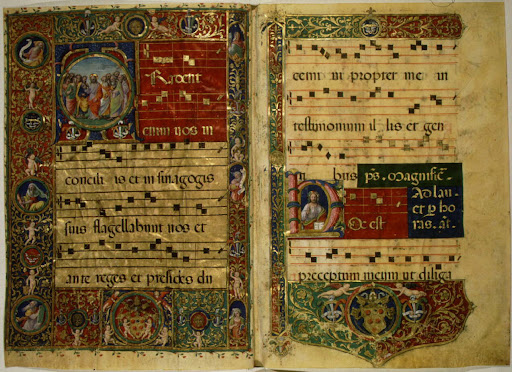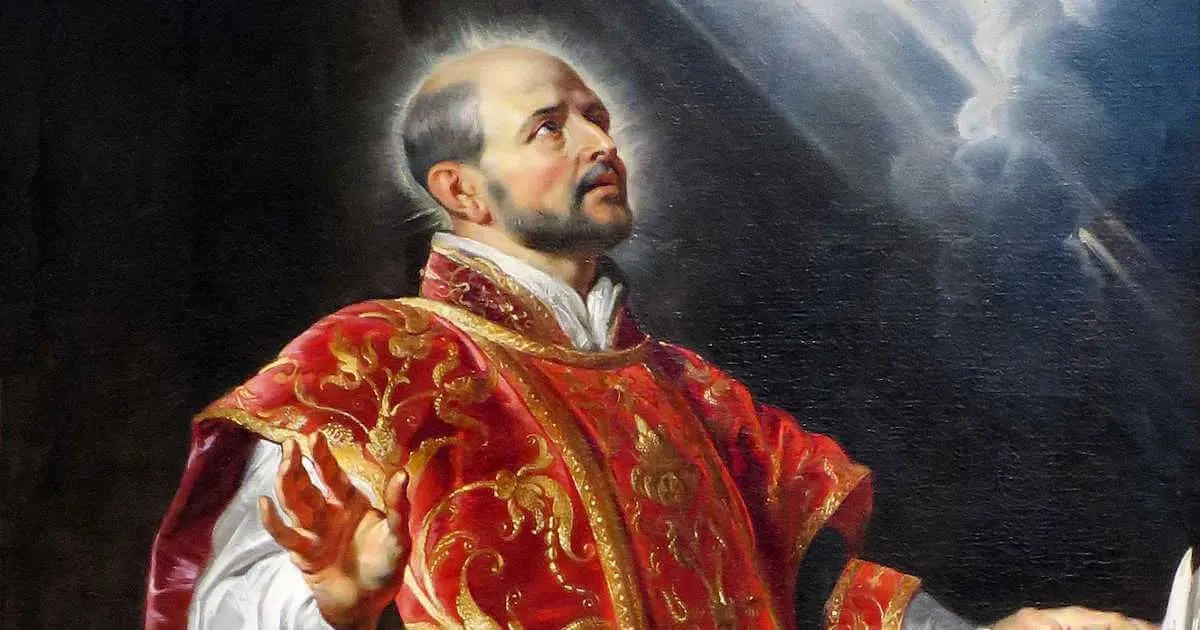- Feb 5, 2002
- 184,414
- 67,399
- Country
- United States
- Gender
- Female
- Faith
- Catholic
- Marital Status
- Married
- Politics
- US-Others
From Christianity Today back in 2021.
Ties in a bit with my post on judging the movement of the Spirit by whether it’s something “new” we’re experiencing.
The author is a Protestant, and so might be picked apart on historical consistency, but that doesn’t, in my mind, make his point any less sound:
Continued below.

 amywelborn.wordpress.com
amywelborn.wordpress.com
Ties in a bit with my post on judging the movement of the Spirit by whether it’s something “new” we’re experiencing.
The author is a Protestant, and so might be picked apart on historical consistency, but that doesn’t, in my mind, make his point any less sound:
It seems paradoxical to argue that orthodoxy—bounding by its nature—is a path to inquiry, creativity, and freedom. We usually think of freedom as the opposite. Yet church historian Jaroslav Pelikan observed that one of the characteristics of authentic orthodoxy is its acceptance of and dependence upon free and responsible inquiry.
In a 1966 address at Valparaiso University, Pelikan noted the fourth-century debate that resulted in the church’s articulation of the doctrine of the Trinity. “Without such inquiry, neither the Nicene Creed nor the theology of St. Athanasius would have been possible,” he explained. Orthodoxy invites examination and exploration because it expresses truth. “The orthodox tradition, then, has no reason to fear free and responsible inquiry,” he asserted. “It does have reason to fear sentimentality, trivialization, and indifference.”
(And I would add – to force our participation as they work out their own issues.)The freedom that orthodoxy offers is a freedom of constraint. In contrast, our age is an age of unrestrained shouting. It is a modern reenactment of the unproductive project at Babel: voices on every side demanding our attention, allegiance, and action, often contradicting one another. Those who speak the rubric of freedom the loudest often employ such rhetoric to contradict the plain teaching of the Bible.
Continued below.

God is doing an old thing
From Christianity Today back in 2021. Ties in a bit with my post on judging the movement of the Spirit by whether it’s something “new” we’re experiencing. The author is a Pr…


